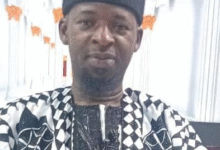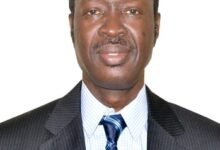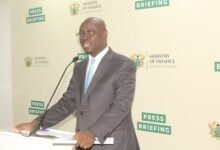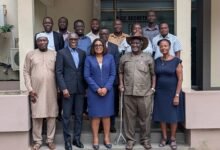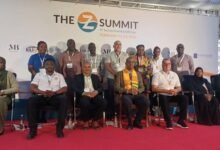Govt urged to prioritise indigenous languages in education
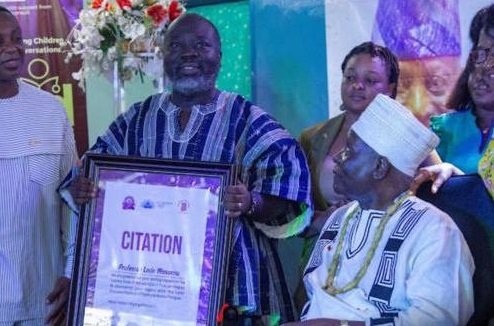
The “Lade Wosornu Festival of Poetry and Mother Tongue” was launched last Friday in Accra, with a call for Ghanaian indigenous languages to be integrated prominently into the country’s educational curriculum.
The festival, known for its vibrant poetry recitals, also served as a tribute to the esteemed retired surgeon and Ghanaian poet, whose works have long been included in the West African Examinations Council (WAEC) curricula for basic and senior high schools.
Organised by the Osu Children’s Library Fund, Read Ghana Read Consult, in collaboration with the Ghana National Association of Private Schools, the event coincided with UNESCO’s International Decade of Indigenous Languages, which highlighted the global effort to preserve and promote native languages.
Professor Wosornu underscored the urgency for the Ministry of Education and the Ghana Education Service to prioritise Ghanaian languages, suggesting leveraging Artificial Intelligence to encourage their use.
He pointed out the current shortage of Ga language teachers as evidence of the neglect faced by mother tongues in education.
UNESCO’s representative in Ghana, Edmond Moukala, in his address, noted the crucial role of poetry in preserving linguistic and cultural diversity among indigenous communities.
He said many endangered languages worldwide were indigenous, vital for expressing self-determination and preserving cultural heritage.
“The United Nations General Assembly has declared 2022-2032 as the International Decade of Indigenous Languages (IDIL 2022-2032), aiming to raise global awareness about the precarious state of many indigenous languages and mobilise resources for their preservation, revitalisation, and promotion,” Mr Moukala stated.
The UNESCO Representative also supports poetry and literature as forms of creativity and cultural expression, integral to the Creative and Cultural Industries (CCIs) that significantly contribute to the global economy.
Reflecting on the broader implications of STEAM (Science, Technology, Engineering, Arts, and Mathematics) education, he pointed out its role in shaping holistic learning, creativity, interdisciplinary skills, career readiness, engagement, motivation, inclusion, and diversity.
The Pan African Writers Association (PAWA) in a solidarity message lauded Professor Wosornu’s advocacy for the revitalisation of Ghanaian indigenous languages.
PAWA affirmed that the initiative aligns with its mission to promote African literature in native African languages, pledging its support to the project.
In related efforts, the Accra Metro NCCE Office observed International Mother Language Day with a Ga language reading session at the Kaneshie Bishop Basic School, part of activities in 15 selected schools across the Greater Accra Region aimed at promoting the use of indigenous languages.
BY BENJAMIN ARCTON-TETTEY

